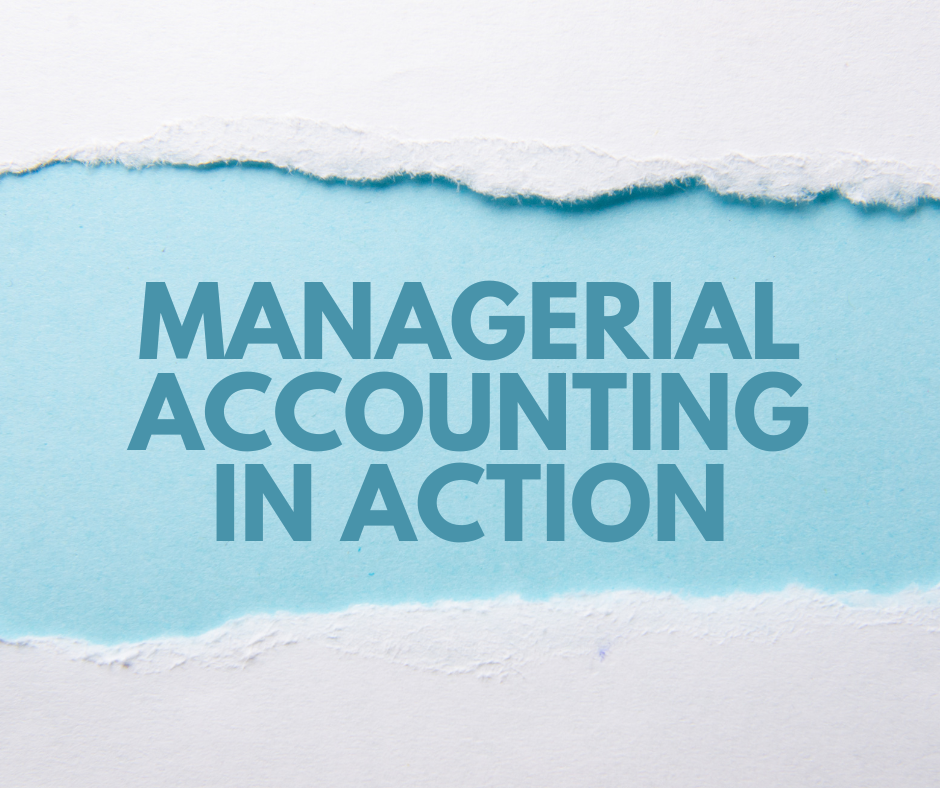How Budgeting Can Save your Business
The Role of Budgeting for Small Businesses

Budgeting is a fundamental aspect of successful financial management for businesses of all sizes. However, for small businesses, where resources are often limited and margins can be tight, budgeting takes on even greater significance. In this article, we will delve into the reasons why a budget is crucial to the success and sustainability of a small business.
Financial Planning and Goal Setting
Budgeting allows small businesses to plan and set financial goals effectively. A well-crafted budget provides a clear overview of the financial resources available, anticipated revenues, and projected expenses. It sets the framework for short-term and long-term financial objectives, helping the business align its efforts towards achieving these goals.
By defining specific financial targets within the budget, a small business can strive for growth, expansion, debt reduction, or increased profitability, all of which are critical for long-term success.
Resource Allocation and Prioritization
Small businesses often have limited resources, whether it's capital, manpower, or time. Budgeting helps in allocating these resources judiciously. By identifying the most critical areas of the business that require investment and prioritizing spending accordingly, a budget ensures that resources are utilized efficiently and effectively.
For instance, a small business can allocate more funds to marketing initiatives during peak seasons to capitalize on increased demand, while reducing spending during slower periods to maintain financial stability.
Expense Management and Control
An essential part of budgeting is tracking and managing expenses. A well-structured budget outlines the expected costs associated with various business operations. Monitoring actual expenses against the budget helps identify areas where overspending might occur and allows for timely adjustments to control costs.
For small businesses, overspending can be detrimental, potentially leading to cash flow problems or, in the worst case, bankruptcy. A budget acts as a safeguard against such financial risks by enforcing discipline in expenditure.
Cash Flow Management
One of the primary challenges for small businesses is managing cash flow effectively. A budget serves as a valuable tool to forecast cash flow, predicting when funds will come in and when expenses will be due. This foresight allows the business to plan for any shortfalls, negotiate favorable terms with suppliers, and ensure timely payments to creditors.
An accurate cash flow projection enables a small business to make informed decisions, preventing cash flow crises and enabling smooth day-to-day operations.
Risk Assessment and Mitigation
Budgeting helps in identifying potential risks and uncertainties that may impact the financial health of the business. By analyzing historical financial data and incorporating realistic assumptions, a budget can forecast potential risks such as market fluctuations, unexpected expenses, or changes in consumer behavior.
Once risks are identified, appropriate strategies can be devised to mitigate their impact. This proactive approach enhances the resilience of the small business and prepares it to navigate through challenging times.
Investor and Stakeholder Confidence
Small businesses often rely on external funding, whether from investors, loans, or grants. A well-prepared budget demonstrates to investors and stakeholders that the business is financially sound and has a clear roadmap for achieving its objectives.
Investors are more likely to have confidence in a business that shows a strategic approach to managing its finances and a clear plan for utilizing their investments effectively.
Ok, let's wrap this up. A budget is a cornerstone of financial stability and growth for small businesses. It provides a roadmap for financial planning, goal setting, resource allocation, expense management, cash flow control, risk assessment, and investor confidence. Without a budget, a small business may struggle to survive and thrive in the competitive business landscape. Hence, every small business should recognize the vital role that budgeting plays and prioritize its implementation as a fundamental aspect of financial management.

Want more information?

ProjectLedger Solutions

